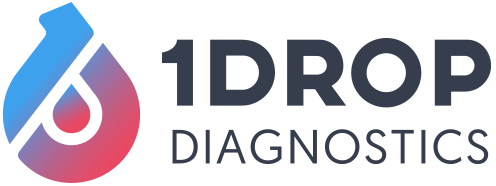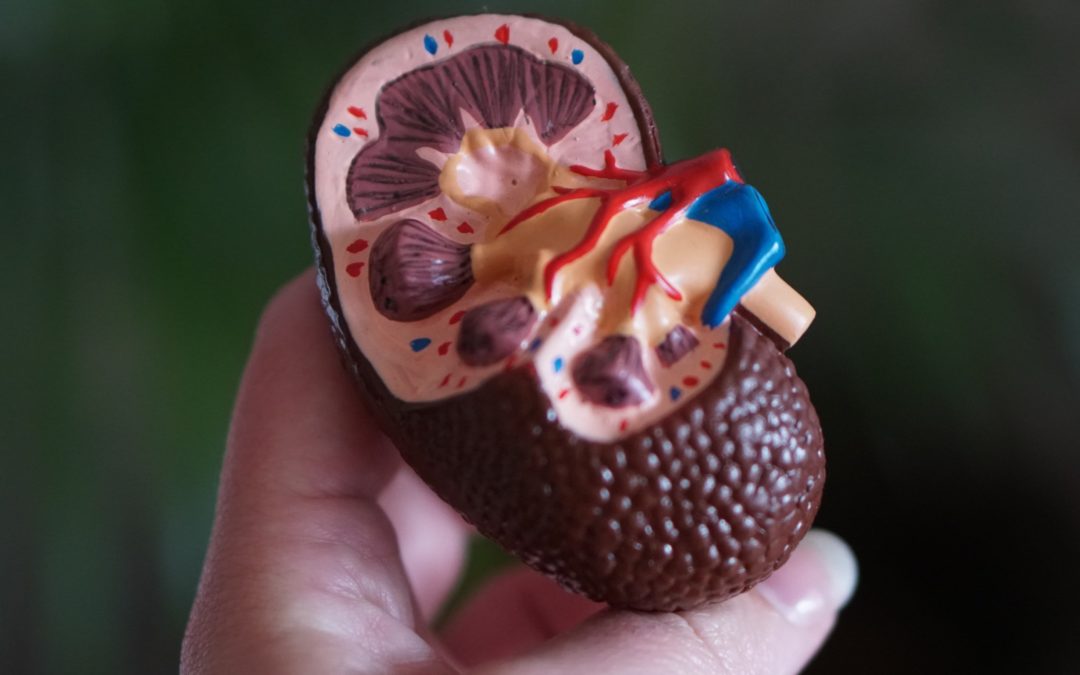Introduction
The kidneys, those remarkable bean-shaped organs nestled within our abdominal cavity, perform a vital function that goes beyond merely filtering waste and excess fluids from our blood. They play a fundamental role in maintaining the balance of electrolytes, regulating blood pressure, producing hormones, and supporting bone health. Their importance cannot be overstated, yet the prevalence of chronic kidney disease (CKD) has been on the rise globally, affecting millions of people. Shockingly, a significant number of individuals remain unaware of their kidney health until CKD reaches an advanced stage. In this blog, we will explore the significance of comprehending normal kidney function, the alarming issue of undiagnosed CKD, and how Cystatin C testing can be an invaluable tool for early detection and management.
The Basics of Kidney Function
To grasp the gravity of CKD and its potential consequences, let’s start by understanding the fundamentals of kidney function. These remarkable organs tirelessly filter around 135-170 liters of blood each day, processing waste and extracting excess fluids to produce urine. Glomerular Filtration Rate (GFR) serves as a pivotal parameter to measure kidney function. It represents how efficiently the kidneys filter the blood and remove waste products.
What is Normal Kidney Function?
Normal kidney function is indicated by a healthy GFR, typically ranging between 90 to 120 milliliters per minute per 1.73 square meters (mL/min/1.73m²) [1]. However, it’s important to consider that various factors, such as age, gender, and muscle mass, can influence GFR values. To assess kidney function, one common marker used is creatinine, a waste product resulting from muscle metabolism. While creatinine-based estimates can provide valuable information, they may sometimes lead to underestimating or overestimating kidney function due to these influencing factors [2].
The Crisis of Undiagnosed Chronic Kidney Disease
Chronic kidney disease is often referred to as the “silent killer” because its progression can remain unnoticed, manifesting little to no symptoms until it reaches advanced stages. This stealthy nature of CKD is a matter of grave concern, as it means many individuals may have undiagnosed CKD, leaving them susceptible to serious complications, including kidney failure and cardiovascular disease. Early detection of CKD is paramount for implementing timely interventions and lifestyle modifications to slow down or halt the disease’s progression and improve overall outcomes [3].
According to the Centers for Disease Control and Prevention (CDC), approximately 37 million adults in the United States have CKD, but more than 90% of them are not aware of it [4]. According to the World Health Organization (WHO), CKD affects more than 10% of the worldwide population, amounting to more than 800 million individuals. This underscores the urgent need for better screening methods to identify individuals with undiagnosed CKD.
Introducing Cystatin C Testing
In recent years, Cystatin C has emerged as a promising biomarker for assessing kidney function. This protein is produced by nearly all cells in the body and is released into the bloodstream at a constant rate, making it an excellent candidate for evaluating kidney function. Cystatin C is not affected by age, gender, or muscle mass, which enhances its reliability as an indicator of GFR. Moreover, Cystatin C testing has demonstrated superior accuracy in detecting early kidney dysfunction, particularly in individuals with normal creatinine levels [5].
The Role of Cystatin C in Detecting CKD
Cystatin C serves as a valuable complement to GFR estimation equations, providing a more precise and comprehensive understanding of kidney function. By incorporating Cystatin C levels into the assessment, healthcare providers can gain deeper insights into kidney health, thereby identifying individuals at higher risk of developing CKD. A study published in the New England Journal of Medicine found that Cystatin C-based estimates of GFR are more accurate in predicting adverse kidney outcomes compared to creatinine-based estimates [6].
Getting Checked with Cystatin C
If you belong to a high-risk category for CKD, such as having diabetes, hypertension, or a family history of kidney disease, discussing Cystatin C testing with your healthcare provider is of utmost importance. Regular kidney health screening, which includes Cystatin C testing, is a crucial step in identifying any abnormalities in kidney function early on. By being proactive in monitoring your kidney health, you can take the necessary measures to safeguard your kidneys and overall well-being.
Preserving Kidney Health through Lifestyle Choices
While Cystatin C testing is an invaluable tool in detecting early signs of CKD, taking proactive steps to preserve kidney health is equally critical. Adopting a balanced and nutritious diet, staying adequately hydrated, and managing underlying conditions like diabetes and hypertension can significantly reduce the risk of kidney complications. Additionally, avoiding smoking and excessive alcohol consumption can contribute to overall kidney health.
Early Intervention and Management of CKD
Early detection of CKD opens the door to timely interventions that can slow down or halt the disease’s progression. Working closely with healthcare professionals, including nephrologists and dietitians, can help manage CKD effectively and improve overall health outcomes. In some cases, lifestyle modifications and medications may be prescribed to control blood pressure, blood sugar, and cholesterol levels, thus protecting the kidneys from further damage.
Conclusion
Understanding the normal function of our kidneys and acknowledging the alarming rise of undiagnosed chronic kidney disease are critical steps in taking charge of our health. Cystatin C testing represents a significant advancement in the early detection of CKD, providing invaluable insights into kidney health and aiding in the identification of high-risk individuals. By actively preserving kidney health through lifestyle choices, regular check-ups, and early interventions, we can ensure that our kidneys continue to serve us well for years to come. Remember, your kidneys are resilient organs that work tirelessly to keep you healthy – it’s time to reciprocate by prioritizing their well-being!
Kidney Function
Kidney disease is severely under diagnosed. Know your risk of kidney disease with this kidney function test.
References
-
Levey, A. S. et al. A New Equation to Estimate Glomerular Filtration Rate. Ann Intern Med. 150(9), 604–612 (2009).
- Ebert, N. & Schaeffner, E. New biomarkers for estimating glomerular filtration rate. J. Lab. Precis. Med 3, 75–75 (2018).
- Centers for Disease Control and Prevention (CDC). Chronic Kidney Disease in the United States, 2021. Retrieved from https://www.cdc.gov/kidneydisease/publications-resources/ckd-national-facts.html
- Grubb A. Cystatin C is Indispensable for Evaluation of Kidney Disease. EJIFCC. 28(4), 268-276 (2017).
- Shlipak, Michael G et al. Cystatin C versus creatinine in determining risk based on kidney function. The New England journal of medicine 369(10), 932-43 (2013).
- Levey, Andrew S et al. Change in Albuminuria and GFR as End Points for Clinical Trials in Early Stages of CKD. American journal of kidney diseases. 75(1) 84-104 (2020).


